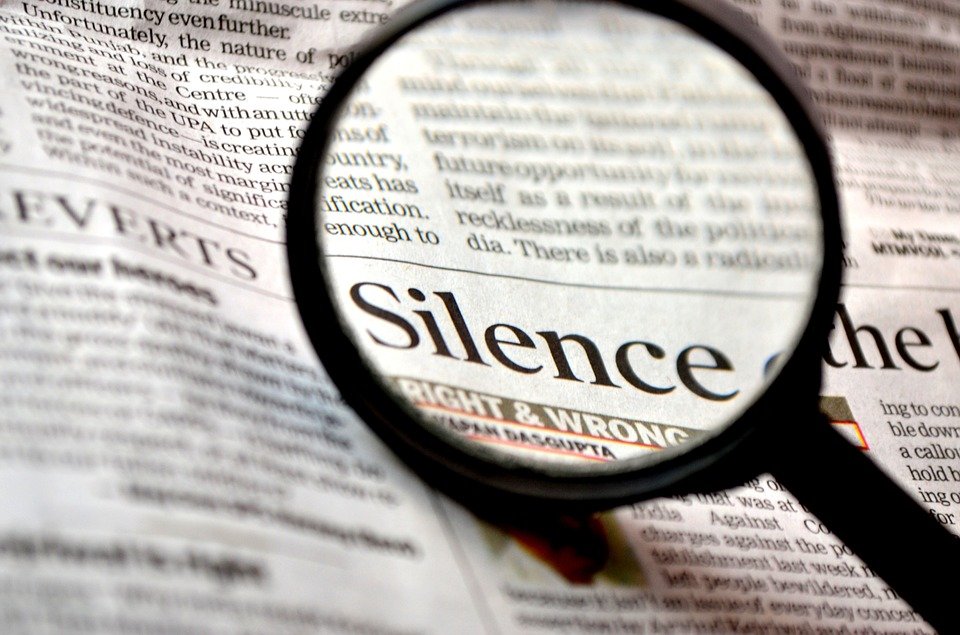
Expression
Media outlets face defamation lawsuits
Mergence Investment Managers attempted to censor the Lesotho Tribune by demanding the deletion of articles exposing alleged corruption in Lesotho's civil servants' pension fund. On 9th February 2024, they filed a request for a High Court order to remove articles published on 28th January and 4th February 2024 and block further publications of the eight-part investigative series. Additionally, Mergence Investment Managers tried to shut down the Lesotho Tribune by claiming its registration was illegal, but court records showed the paper's registration had been in effect since 10th August 2021. However, the court rejected this application on 22nd March 2024 but the 10-million-loti (US$538,000) defamation complaint regarding the investigative series was still unresolved.
The Lesotho Tribune's journalists, particularly Phafane Nkotsi, owner of Lesotho Times, faced intimidation. On 17th April 2024, staff found threatening messages cautioning them against covering Pension Fund matters. Nkotsi has been targeted before due to his work.
Similar accusations of operating unlawfully were made against Lesotho Times by Thabiso Moroahae from Tholo Energy and former police commissioner Holomo Molibeli. Molibeli filed an urgent application in the High Court on 18th March 2024 to have the Lesotho Times newspaper shut down after the newspaper published an article connecting him to a M40 million (USD 2,261,288) fraud case at a local energy company while serving as a police commissioner. He highlighted that the article damaged his reputation and had nothing to do with the supposed corruption. In addition, Thabiso Moroahae has banned the Lesotho Times from his gas stations and is seeking for M20 million (USD 1,130,644) in damages for alleged defamation. The High Court rejected the urgent application on 27th March 2024, deciding the defamation case would be heard later.
Amnesty International condemned the harassment and intimidation, urging authorities to investigate and bring perpetrators to justice. Misa Lesotho advocated for press freedom, calling on media professionals to unite, and urging government reforms.
Lesotho government bans Famo music groups amid rising violence, journalist killed in attack
The government of Lesotho has taken a strong stance against 12 Famo music groups, declaring them “Unlawful” and banning them on 10th May 2024. The groups have been accused of acting like rival gangs and engaging in criminal activities, including murder. The Internal Security Act of 1984 empowers the Minister of Home Affairs to outlaw groups deemed subversive and outline penalties for supporting them. Journalists who publish interviews with these groups may face serious consequences including 5 to 20 years’ imprisonment and fines up to 100 000 aloti (US$5340).
At a press briefing on 21st May 2024 acting police chief Mahlape Morai highlighted that while media outlets can interview members of the group, broadcasting or sharing that interview with the public would be seen as promoting illegal activity and would constitute a crime.
The situation took a tragic turn on 21st July 2024 when broadcaster Pulane Macheli was fatally shot while attempting to broker peace between rival Famo music groups. A vehicle carrying four individuals, including prominent Famo musician Kholopolo Khuloe and broadcaster Pulane Macheli, came under attack by four unknown assailants who discharged firearms from a 4X4 vehicle. Unfortunately, Macheli and Khuloe succumbed to their injuries, while two others were hospitalised. Her killing raised concerns about the safety of journalists in Lesotho and the implications of the government’s ban on Famo music groups.